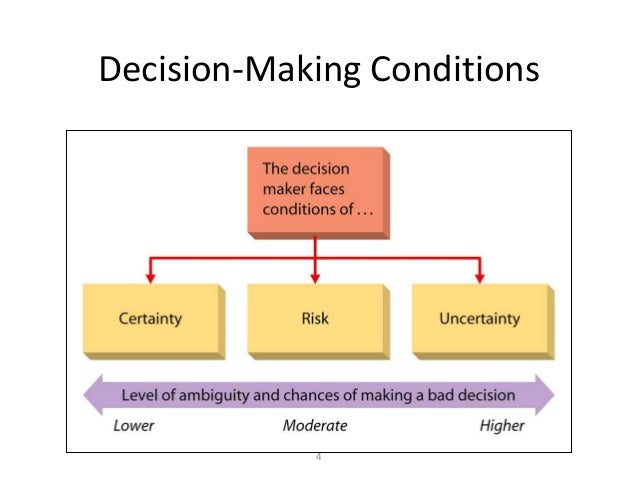
It involves evaluating all options carefully and determining which would provide the most benefit or create the least amount of harm. Analysing information can help ensure we have all relevant details before moving forward with an action plan. During this step, it’s essential to consider all aspects of a potential decision, including possible risks and rewards, as well as any ethical issues that may be involved. This allows us to make informed decisions based on facts rather than assumptions or guesses. It involves breaking down data, researching alternatives, and understanding the implications of each option. Once you have all the vital information and options, an essential step in the decision-making in the business process is to analyse everything available before moving forward.

Scanning internal databases for useful insights.Īdditionally, gathering input from those affected by a decision can help build consensus around any proposed choice before moving forward – thus limiting surprises down the line.Īlso Read: What is Digital Financial Services? Explained 3.Review existing records or documents related to the issue at hand.Conducting interviews or focus groups with stakeholders.Obtaining appropriate facts from reliable sources such as reports or surveys.This helps to ensure that decision-makers have adequate data to make informed choices about their organisation’s long-term success. It involves researching potential courses of action, evaluating risks and benefits, examining alternative possibilities, and consulting experts. Therefore, taking the time upfront to define the problem or opportunity carefully can help ensure success when deciding how best to address it. Defining the problem also serves as a solid foundation for developing strategies tailored to achieve desired outcomes. This helps define the scope of what needs to be addressed and provides an understanding of how big a task lies ahead. It involves asking questions to identify and understand the issue, its causes and effects, and who or what is affected by it. The steps in this process are:ĭefining the problem or opportunity is a critical step in any decision-making process. 7-Step Decision-Making in Business Processĭecision-making is a process that businesses use to identify and select the best course of action to achieve their desired goal. If you’re managing a team of salespeople, you’ll need to make operational decisions about how best to allocate resources amongst them. For example, if you’re launching a new product, you’ll need to make strategic decisions about what market you want to target and what price point you want to set. The type of decision you need to make will depend on the situation you’re facing. They’re typically made by front-line employees and often involve local optimisation rather than global optimisation. Tactical decisions are short-term and usually relate to specific tasks or projects. They’re typically made by middle managers and often involve trade-offs between different objectives. Operational decisions are medium-term and usually relate to the day-to-day running of your business. They’re typically made by senior management and require careful planning. Strategic decisions are long-term and usually involve major changes to the direction of your business. There are three main types of decision-making in business: strategic, operational, and tactical. This guide will help you understand the different types of decision-making and how they can impact your business. Making decisions can be difficult, but weighing up all the options before settling on a course of action is essential. Importance of Decision-Making in Businessĭecision-making in business can affect everything from your products and services to how you manage your finances. Once all this information has been gathered, you can start making informed decisions about which course of action is the best for your business. This includes understanding the market, understanding consumer needs and wants, understanding your competition, and understanding your strengths and weaknesses. Good decision-making in business requires careful consideration of all factors involved. Good decision-making can mean the difference between success and failure for a business.

#3 types of decision making how to
It involves choosing what products or services to offer, how to price them, where to sell them, and how to promote them. Decision-making in Business is one of the most significant aspects of running a business.


 0 kommentar(er)
0 kommentar(er)
